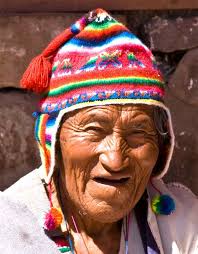Wisdom Literature
Wisdom literature: insight based on experience – how to live in the world: community wisdom
Proverbs: life as a way or path – 2 options: wise way; foolish way; features notion of rewards for living right – performance/reward point of view: problem with it: if experience trouble, it’s your fault
Sophia: female image of God in wisdom literature: with God from the beginning: teaches: wise way leads to riches, honor, peace;
another personification: way of folly – often portrayed as an adulteress;
Short sayings designed to be memorable: What’s your favorite proverb?
Ecclesiastes: most “user friendly” book of Bible: author Quoheleth
2 central metaphors: “Vanity of vanities; all is vanity”; and “chasing after wind” – indictment of conventional wisdom: if you follow path of righteousness, all will be well
Haunted by death: inevitability and randomness
Point to life: live it fully, but not in a grasping way; carpe diem
Job: radical questioning of conventional wisdom; “subversive wisdom”
Major question: Is there such a thing as religion unmotivated by self -interest? Does there have to be something in it for me? Would you still be religious if there was no heaven?
Distinction between second-hand (hearing about God) and first-hand religion (seeing God). One of the major conflicts within the Hebrew Bible. The other: conflict between the imperial theology of Egypt and the exodus theology; between the message of the prophets and Israel’s monarchy



